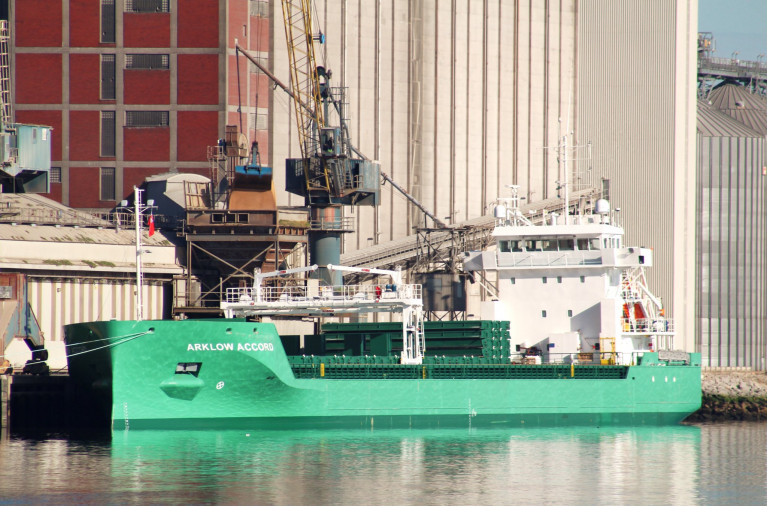Displaying items by tag: Solid Finance
Belfast Harbour Reports of Solid Annual Results for 2019
A sound financial performance is how Belfast Harbour has reported figures for 2019 and this in line with expectations of providing a strong platform from which to respond to challenges posed by the impact of Covid-19 on the local and global economy.
Releasing its annual results last month, Belfast Harbour reported turnover of £65.9m in the year to the end of 2019 (down 4%) and generated operating profits of £30.6m (down 15% from the record results of 2018). The decline in earnings largely reflected the completion of a major offshore windfarm contract mid-2018 and the ongoing decline in power station coal throughput.
Trade remained strong during the year, with more than 24 million tonnes of cargo passing through the port. Ferry passenger numbers exceeded 1.5m for the third year in a row, there were a record number of freight vehicles - up 4% to 542,000 – and cruise ship activity also continued to grow, with 280,000 cruise visitors during the year.
During 2019, £44m was invested in a range of port and estate projects, with £40m invested to automate container handling and upgrade the Belfast -Liverpool ferry terminal, in readiness for the introduction of larger new Stena Line vessels. Construction also commenced on City Quays 3, which will be Northern Ireland’s largest ever Grade ‘A’ office building. The last remaining office space in the City Quays 2 building was occupied during the year.
In 2019 Belfast Harbour committed £115.7m in further investment in strategically significant projects to help deliver its vision of becoming the best regional port and an iconic waterfront for Belfast. These investments will be a critical enabler of NI’s Covid-19 recovery, given the Port’s recognised role as a key driver of the regional economy.
In the past 10 years Belfast Harbour has invested over £290m in port infrastructure and estate regeneration, which as a Trust Port it entirely self-funded - with all profits reinvested back into developing the Port for the benefit of customers and the wider economy.





























































